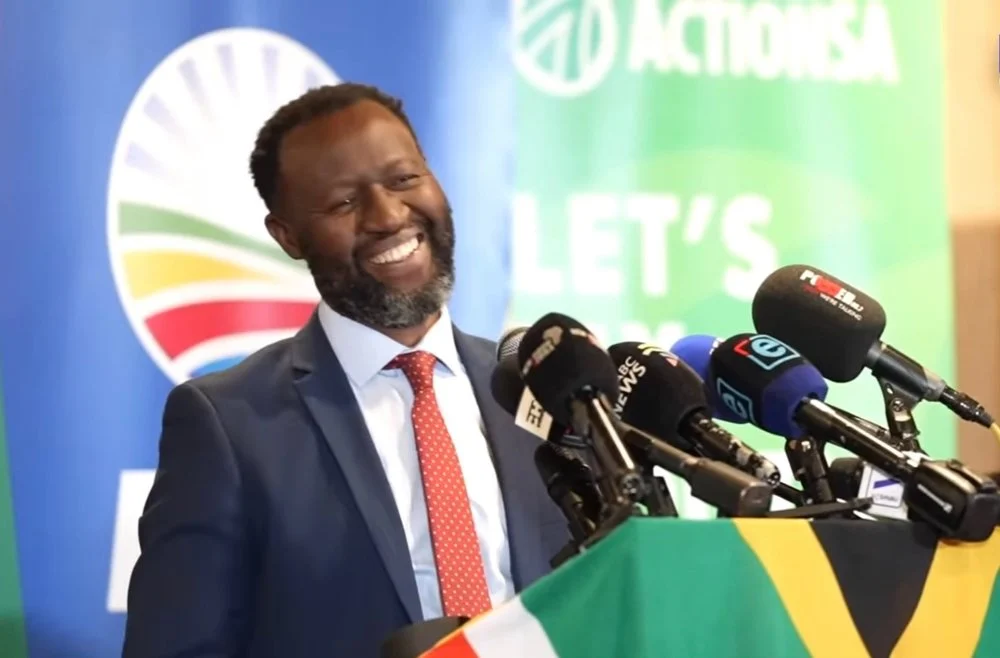
William M Gumede is an Associate Professor in Public and Development Management at the University of the Witwatersrand and a multiple No. 1 bestselling, award-winning South African author. He is the Founder and Executive Chairperson of Democracy Works Foundation, the Institute for Social Dialogue, and served as Independent Chairperson of the Multiparty Coalition Negotiations ahead of the 2024 South African elections.
With a distinguished career spanning academia, policy-making, and civil society leadership, Gumede has advised governments, parliaments, and global institutions on democracy, economic development, and governance. He has trained members of the South African Cabinet, MPs across the Commonwealth Parliamentary Association, and parliamentarians on how to manage national budgets, strengthen oversight, and conduct themselves ethically.
He played a key role in stress-testing KPMG’s governance strategy after its corruption scandals, chaired its Public Interest Fund, and advised President Cyril Ramaphosa on restructuring South Africa’s public service. Gumede also co-founded the Drakensberg Inclusive Economic Growth Forum with the Kgalema Motlanthe Foundation, creating space for dialogue between government, business, and civil society.
William M Gumede is Associate Professor, Public and Development Management and former Convener, Political Economy, School of Governance, University of the Witwatersrand, Johannesburg; and Professor, Management, Elsenburg, Stellenbosch. He is a multiple no. 1 bestselling, award-winning South African author.
He is the Founder and Executive Chairperson of Democracy Works Foundation, the Founder of the Institute for Social Dialogue, and Independent Chairperson of the Negotiations to Establish a Multiparty Coalition of Opposition Parties for the 2024 South African National and Provincial Elections.
He is an Advisory Board Member of the Global Public Policy Institute, Berlin and Advisory Board Member of the Global Reporting Centre, University of British Columbia, Vancouver.
He ran the course on public policy, including how to put together the National Budget for Members of Parliament of all political parties in South Africa. He ran the programs for Members of Parliament of the British Commonwealth on financial management of Parliaments and how to conduct themselves ethically as MPs, for the Commonwealth Parliamentary Association. He taught an economic development program for members of the South African National Cabinet.
William M Gumede was the Independent Advisor & Chairperson of the KPMG Public Interest Fund, stress-testing the KPMG governance strategy following a series of public corruption scandals, which threatened the collapse of the company in SA, establishing the KPMG Public Interest Fund and was Chairperson of the fund, in which the equivalent of the alleged corrupt money was deposited to be distributed to social enterprises and charities and community groups to tackle inequality, poverty and corruption.
He was a Member of the High-Level Task Team of President Cyril Ramaphosa advising government on the restructuring and professionalization of the South African public service. He co-chaired the South African government’s 2009 Developmental State Conference.
He is Co-Founder and Co-Convener, of the Drakensberg Inclusive Economic Growth Forum, organized under the auspices of former South African President Kgalema Motlanthe Foundation, bringing together Cabinet members, government, business, and civil society leaders to discuss the key development priorities for the country.
William M Gumede was the Co-Founder & Co- Principal Author of South Africa’s 2010 Development Report. He was the Co-Founder of the Public Sector Audit Forum, established under the auspices of the National Treasury and the Institute of Directors of Southern Africa, to improve the capacity of public sector audit committees.
He modeled South Africa’s Parliamentary Budget Office (PBO), the National Treasury’s Infrastructure Project Preparation Fund (IPPF) and William M Gumede was a member of the team that established the Green Fund of South Africa.
Contact us at Speakers Inc and view our International site
In this keynote, delivered shortly after South Africa’s national elections, a leading political analyst explores the urgent task of coalition-building. With the ANC at 40%, the country has entered unprecedented political territory, with just 14 days to form a national government.
The speaker outlines the complex landscape: opposition parties remain ideologically diverse, making it nearly impossible to unite around a single governing coalition. He draws parallels to Israel’s 2021 experiment, where unlikely partners managed to hold a fragile coalition together, and suggests that South Africa may require similarly unconventional arrangements.
Two starkly different pathways emerge:
The speaker stresses that traditional coalitions often erode smaller parties’ identities, as seen with the IFP in the 1990s and Patricia de Lille’s Good party more recently. Instead, a GNU with clear reform mandates could restore economic growth, strengthen rule of law, and rebuild public trust.
Finally, he highlights the role of business and civil society as vital delivery partners, cautioning against ideologically driven exclusion. South Africa still has globally competitive businesses and strong NGOs—assets that, if mobilized under a GNU, could accelerate recovery.
The message is clear: South Africa stands at a crossroads. A doomsday coalition risks deepening crisis, while a GNU could unlock growth, stability, and confidence.
00:00 – Opening remarks: South Africa’s 14-day deadline to form a coalition.
03:00 – Why opposition unity is difficult; lessons from Israel’s 2021 coalition.
05:30 – Doomsday scenarios: ANC with EFF, MK, and smaller parties.
09:00 – Zuma’s demands: Ramaphosa’s removal and a presidential pardon.
12:00 – The ANC’s leadership crisis and internal divisions.
15:00 – The multiparty charter: its commitments and dilemmas.
19:00 – Proposal for a Government of National Unity with cluster governance.
24:00 – Critical reforms in infrastructure, policing, and justice.
27:00 – Risks of ANC-EFF coalitions for opposition partners.
30:00 – The role of business and civil society in national recovery.
33:00 – Closing vision: GNU as South Africa’s best pathway to growth and stability.
In this wide-ranging discussion, Professor William Gumede—chair of the Multi-Party Charter negotiations—analyzes South Africa’s new political era under the GNU, just past its symbolic 100-day milestone.
He explains the historical roots of the “100 days” measure, tracing it back to Franklin D. Roosevelt’s New Deal, and applies it to South Africa’s coalition experiment. According to Gumede, the GNU represents the best possible outcome from the 2024 elections: it prevented an ANC single-party dominance scenario (which risked disaster) and blocked a potential populist coalition with the EFF and MK, which could have triggered economic collapse, skills flight, and international isolation.
Key insights:
He also addresses provincial flashpoints like Gauteng, where Premier Panyaza Lesufi positions himself against the GNU, potentially as a steppingstone to ANC leadership. Gumede suggests this strategy may backfire, especially if provincial governance collapses under fiscal strain or corruption scandals.
Looking ahead, he identifies the GNU’s success criteria:
Finally, Gumede underscores the constitutional battle at the heart of South African politics: pro-democracy forces versus those seeking to dismantle the constitutional order. The GNU, he argues, must defend constitutionalism as non-negotiable for stability, growth, and inclusivity.
00:00 – Opening: The 100-day milestone and its global political roots.
04:00 – Why coalition governments suit South Africa’s diversity.
07:00 – Early green shoots: renewed hope, investment, and cooperation.
11:00 – Cabinet accountability: internal competition boosts performance.
15:00 – Consensus decision-making explained; lessons from global coalitions.
20:00 – Risks of failure: ANC mindset and factionalism.
26:00 – Gauteng and Lesufi’s defiance as an anti-GNU strategy.
32:00 – Success criteria: corruption reduction, service delivery, partnerships.
38:00 – The constitutional fight: defending democracy against populism.
43:00 – Potential realignment: GNU as a permanent coalition.
50:00 – Closing reflections on South Africa’s political future.
Speaker fees can vary depending on factors such as expertise, demand, and event specifics. While some speakers may charge a flat fee for their services, others may have hourly rates. It’s best to discuss fee structures directly with the speaker or their representative to understand the pricing model.
Virtual speaking appearances can indeed offer cost savings compared to in-person events. Virtual speaking rates are often 10-50% cheaper than in-person rates due to factors such as reduced travel expenses and logistics. This makes virtual events a cost-effective alternative for organizations looking to book speakers within a budget.
Keynote speeches typically range from 30 to 90 minutes, with the duration determined by the speaker’s expertise, the event’s agenda, and audience preferences. Keynote speeches often include a combination of inspirational stories, practical insights, and actionable advice tailored to the event’s theme or objectives.
The scale of the event and audience size can indeed impact a speaker’s fee. Larger events with a broader reach or higher attendance may command higher fees due to increased exposure and demand. Conversely, smaller events or niche audiences may offer opportunities for more flexible pricing arrangements.
Travel expenses such as transportation, accommodation, and meals are typically negotiated separately from the speaker’s fee. These costs vary depending on the speaker’s location, travel distance, and event duration. It’s important to clarify travel arrangements and expenses during the booking process to avoid misunderstandings.
Many speakers require a deposit to secure a booking, with the remaining balance due closer to the event date. Deposits are often non-refundable and serve as a commitment from both parties. It’s advisable to discuss deposit requirements and payment terms with the speaker or their representative when finalizing the booking.
Ready to find the perfect speaker for your event? Use our advanced search feature or contact us to get started today!
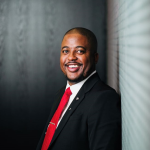
Mpho Matsitse is an award-winning global keynote speaker and one of Africa’s most dynamic voices on leadership, growth strategy, and digital transformation. A Harvard-Certified Executive and Inspirational Leader of the Year Award recipient, he has spent over 15 years helping organizations, governments, and innovators worldwide reimagine how people, technology, and purpose converge to unlock growth […]

Allon Raiz is recognized worldwide as one of the most influential voices in entrepreneurial development and business incubation. As the founder and CEO of Raizcorp, he leads what The Economist has described as “the only genuine incubator in Africa,” an achievement that underscores both his global leadership and his relentless focus on designing systems that […]

Lerato Ditshego is a dynamic force in the business world, wielding her expertise as a Business Woman and Director of two successful ventures: Eccentrics Visual Arts Agency and Ruby stone boutique hotel. With a multifaceted skill set encompassing facilitation, speaking, content production, and podcast hosting, Lerato embodies the epitome of entrepreneurial prowess. Her journey began […]

With close to 30 years in keynote speaking and consulting, Grant Driver has made a significant mark on workplace culture and employee engagement. His deep understanding of organizational dynamics, coupled with extensive experience in NLP (Neuro-Linguistic Programming), has positioned him as an authority in optimizing workplace environments. His approach combines neuroscience-backed insights with practical techniques, […]
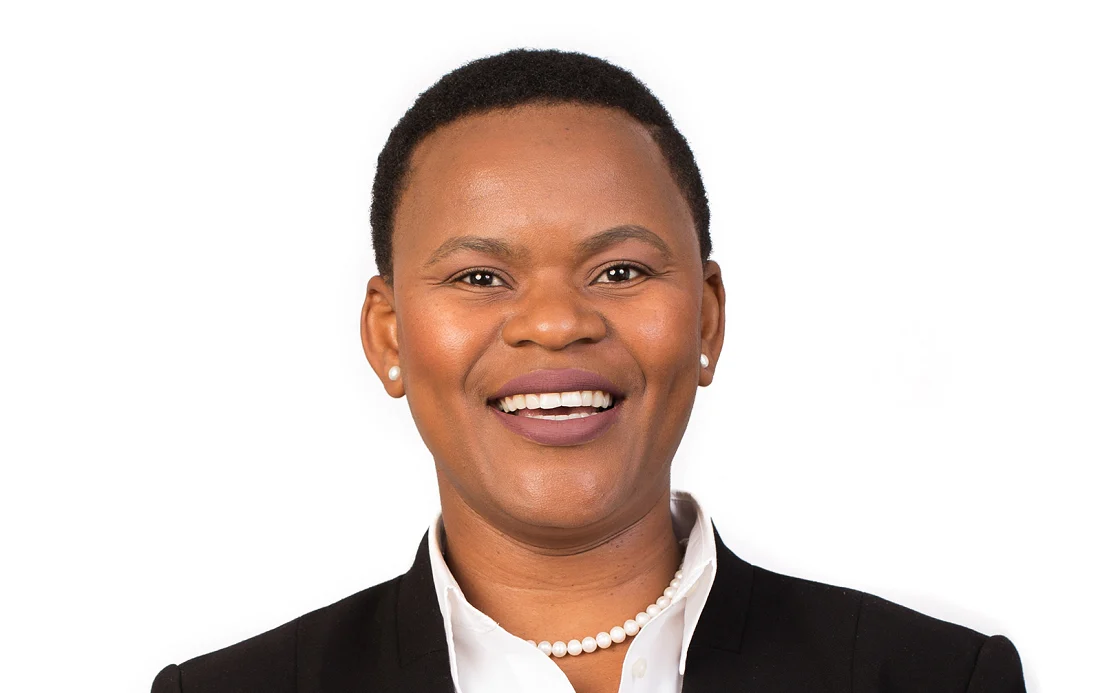
Amanda Dambuza is the Chief Executive of Uyandiswa; a project management consulting firm she founded six years ago. Previously, she was the Financial Services Director of the JSE listed software organisation, Adapt IT. Adapt IT owned 49% of Uyandiswa, a deal concluded in October 2014. Effective as of the 1st of July 2017, Amanda concluded another […]
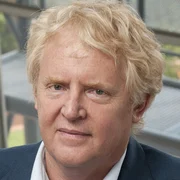
Tim Cohen, a seasoned business editor and journalist, has profoundly shaped South Africa’s economic reporting landscape with his incisive analysis and commitment to truth. Before joining the highly respected Daily Maverick as Business Editor, Cohen served as the editor of Business Day, one of South Africa’s premier financial newspapers. His career began on the pages […]

Wendy Mahoney corporate positions include; Executive Director European Times, Director Sales and Marketing CNBC and Forbes Africa, General Manager Sales Trudon South Africa and Director Trudon Namibia. Wendy now heads Newmella Holdings (Pty) Ltd, a Global Business Innovation Consultancy focused on growing the profit of companies by enabling and inspiring them to innovate at a […]
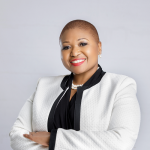
Rehema Isa is a distinguished business strategist and executive leadership development practitioner with over 25 years of experience guiding organisations and leaders through complex change. As the Co-Founder and Director of Oya Solutions, a specialist strategy and leadership development firm, she partners with clients to unlock growth, elevate strategy, and build high-performance teams. Her expertise […]
No results available
These remain the property of its owner and are not affiliated with or endorsed by Speakers Inc.
All talent fees exclude VAT, travel and accommodation where required.
Our Mission
Our Mission:
© All rights reserved 2025. Designed using Voxel